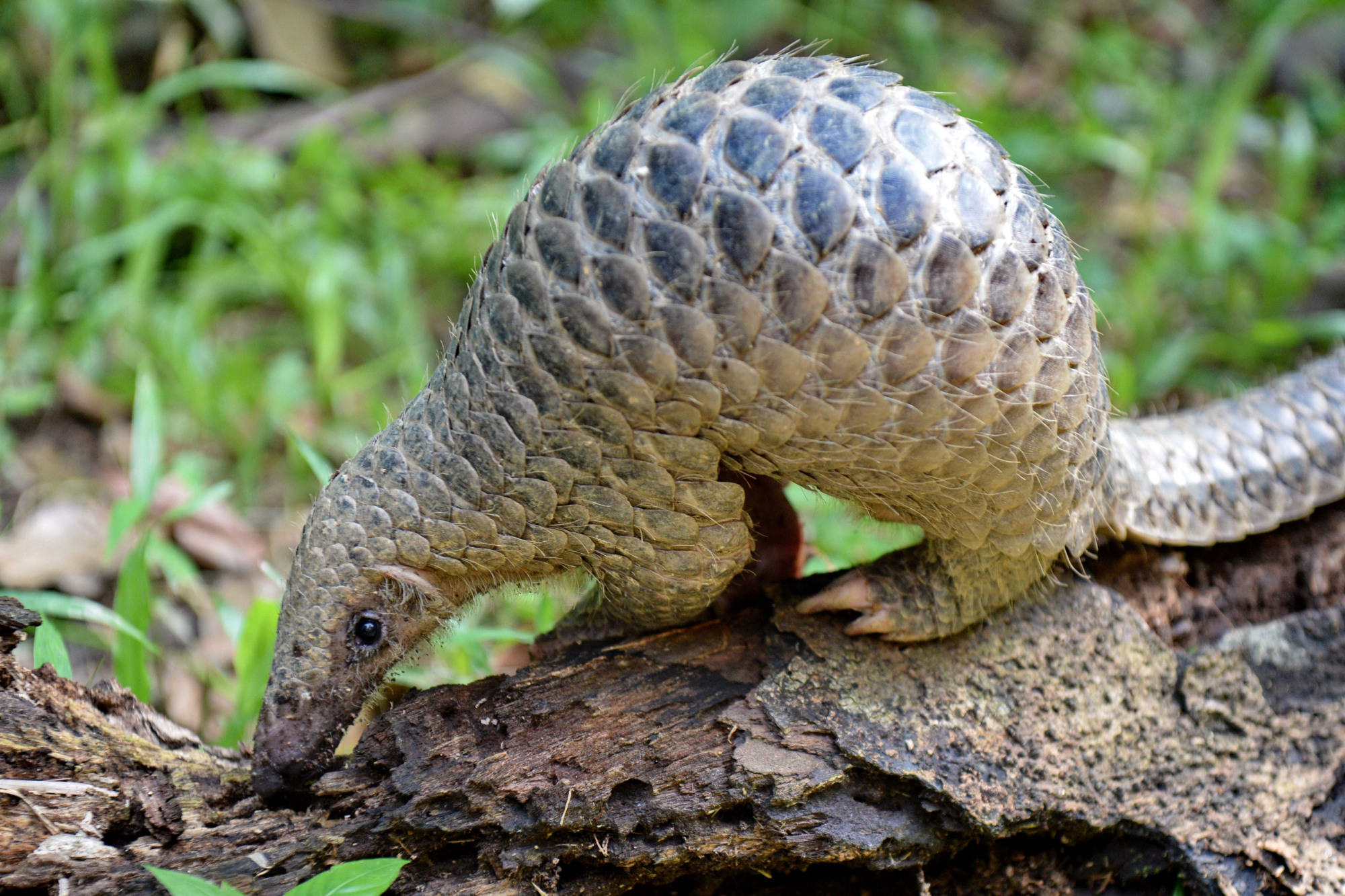The search for the source of the novel coronavirus has tabbed a new animal candidate: the pangolin, a long-snouted, scaly, ant-eating mammal found in parts of Asia and Africa. Scientists in Guangzhou, China, announced data last week suggesting that the notoriously cute animals, valued as a source of food and as a traditional medicinal ingredient in China, carried viruses that are 99 percent similar to the virus now named COVID-19.
That data has been neither published nor confirmed, but the mere suggestion is turning attention back to China's "wet markets" and the wild animals for sale in many of them. Since December, evidence has strongly suggested that something wild infected humans with the virus at one such market in central Wuhan, leading to the current outbreak.
In response, the Chinese government implemented a national crackdown on the wildlife trade, especially in places where food is bought and sold. Yet even if this crackdown succeeds, it won't eliminate the public health threat from China's demand for wild animals, which will only go underground. Fixing that will require a shift in how governments around the world view the global wildlife trade. What was once seen as a conservation and criminal justice issue must now be treated as a global health and security issue as well.

















With your current subscription plan you can comment on stories. However, before writing your first comment, please create a display name in the Profile section of your subscriber account page.